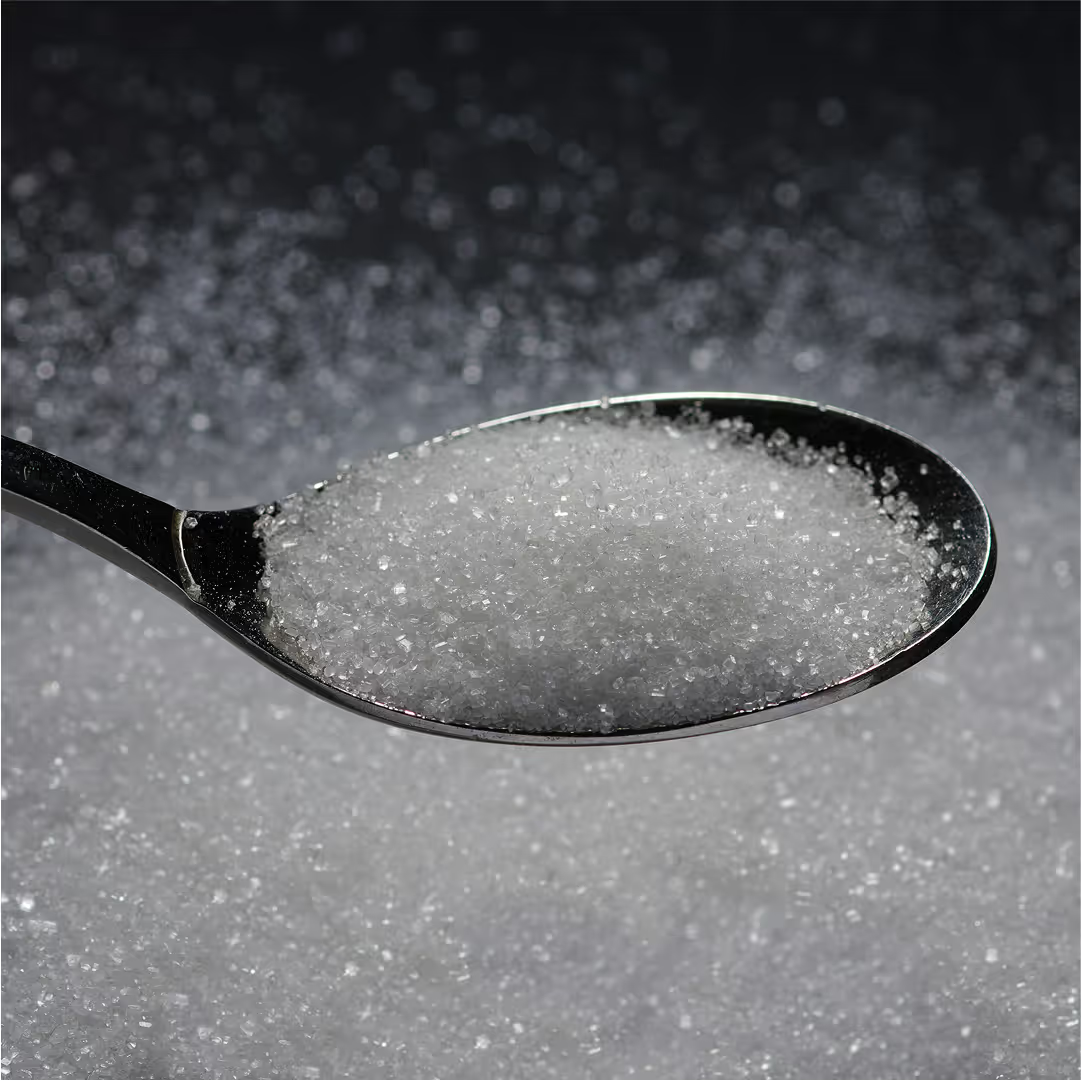The sun means well, but it often emits harmful rays that do damage to our skin. One of the largest factors in aging is sun exposure. An article by Brent Bauer describes how antioxidants can protect our skin from sun-induced aging. The sun’s effect on our bodies is not all bad. UV radiation helps to regulate our body systems, boost mood, and promote vitamin D production. However, some of this radiation can also speed up signs of aging.
Sun exposure is responsible for unleashing reactive oxygen species, or ROS, in the skin. These have a role in keeping our cells healthy, but excessive ROS leads to oxidative stress. Oxidative stress occurs when there are too many free radicals in the body, and not enough antioxidants to get rid of them. This might damage skin cells and disrupt normal cell function, reducing collagen production and stopping the skin’s ability to repair itself. The result— wrinkles, fine lines and sagging skin.
Now, to reduce these signs of aging, you must increase antioxidants. According to MedlinePlus, these are “man-made or natural substances that may prevent or delay some types of cell damage.” These include fruits and veggies such as berries, grapes, red peppers, tomatoes, green tea and carrots. You might also want to try some vitamins with antioxidant properties such as vitamin A, B3, C, and E.
Bauer recommends eating skin-healthy diets like the Mediterranean diet, which is filled with fish, fruits, vegetables, whole grain and olive oil. An easy way to implement a healthy diet in your day is to “eat the rainbow” as Irene Anderson, founder of Method78 Fitness says. No, this does not mean go grab yourself a packet of skittles. Instead, choose fruits and veggies that are not just fresh, but have variety. For example, when you go to the produce section of the store, choose a range of food such as apples, oranges, different colored sweet potatoes and peppers, eggplant, green onions, etc. Each fruit and vegetable has different nutrients it supplies us with, so a range is helpful.
Lastly, don’t forget topical protection, such as a sunscreen with a high SPF, and lotions filled with antioxidants. Stopping the impacts of sun exposure is difficult, but not impossible. Don’t forget that just because you can’t see it, doesn’t mean it won’t do damage. Remember to eat well, practice good skin-care routines and if necessary, wear a hat.





